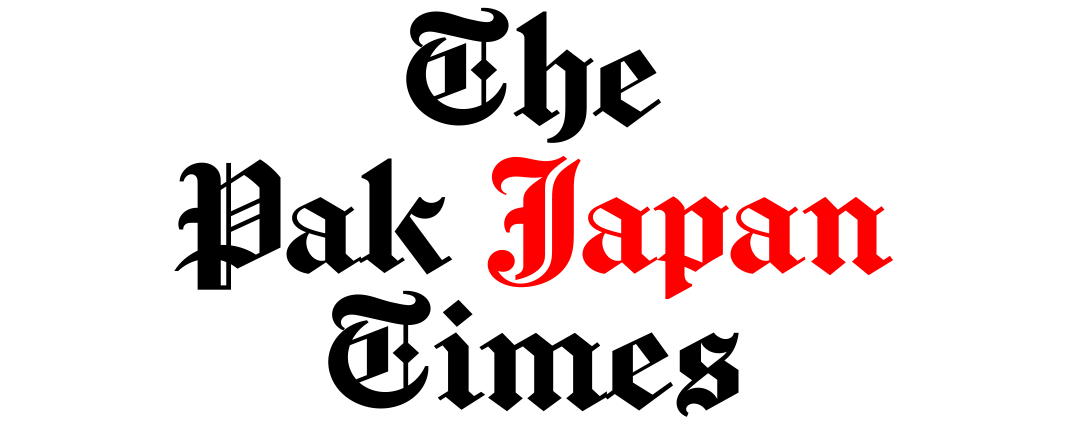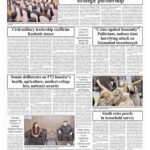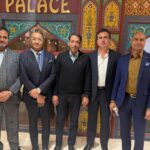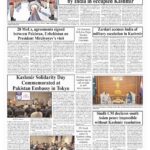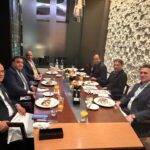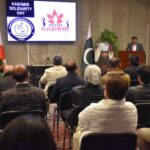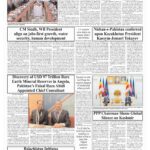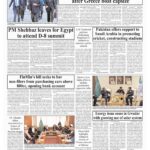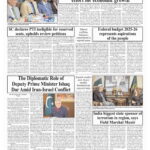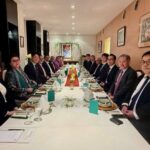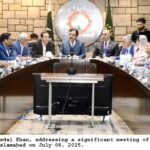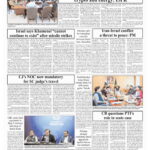Irfan Siddiqui. Tokyo
Renowned Pakistani entrepreneur based in Japan, Asad Nawaz Khan, has made a remarkable contribution to the Pakistan Army by donating a high-tech medical innovation known as the “J-Pad.” Developed using cutting-edge Japanese technology, the J-Pad is a life-saving wound dressing designed to instantly control bleeding from injuries caused by bullets, shrapnel, or other trauma on the battlefield.

These advanced pads are widely used in emergency medical response in Japan and other developed countries. When applied directly to a wound, the J-Pad immediately stops bleeding, significantly reducing the risk of death from blood loss. The technology buys critical time for the injured to be transported to a medical facility, often proving to be the difference between life and death.
The donation was made during a special convention where Asad Nawaz Khan personally presented the J-Pads to the Chief of Army Staff, General Asim Munir. In response, General Munir expressed heartfelt gratitude, appreciated Khan’s patriotic gesture, and honored him with a commemorative shield at the General Headquarters (GHQ) in Rawalpindi.
Speaking at the event, Asad Khan said he considers it a matter of great pride to support Pakistan’s armed forces. “I am proud to be a Pakistani and feel a deep sense of responsibility toward my homeland. My love for Pakistan is eternal, and this small contribution is my way of giving back to the nation and those who protect it,” he stated.
Khan’s gesture has been widely praised both in Pakistan and among the overseas Pakistani community in Japan. His commitment to leveraging international technology for the benefit of Pakistan reflects the vital role that overseas Pakistanis play in strengthening the country’s defense and healthcare sectors.
This inspiring act of patriotism serves as a reminder of the strong bond between expatriate Pakistanis and their homeland, and how such contributions can have a lasting impact on national resilience and preparedness.
